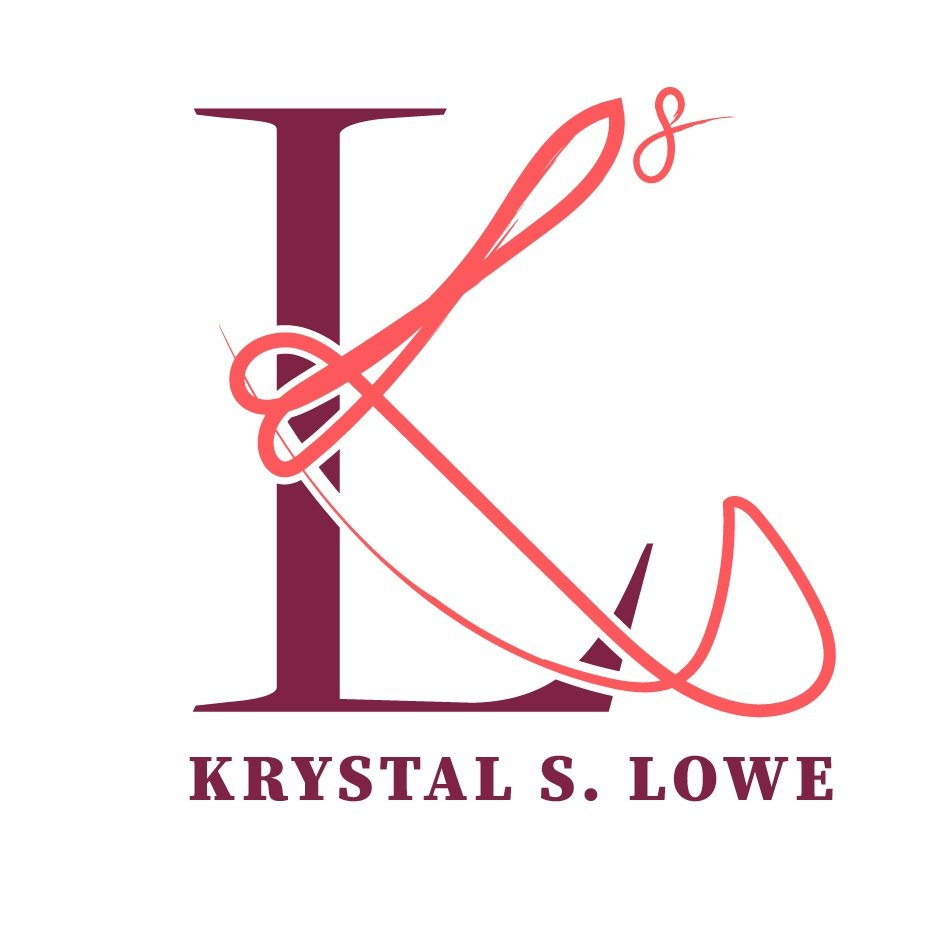How We Fix What's Broken
Access and Inclusion in the Arts
We all want quick fixes to mending relationships with marginalised communities - there are no quick fixes. The affect of exclusion and discrimination are felt on the deepest personal level. So when we meet with those most under-represented, there's no agenda it's one question -
'How have I/the sector let you down, and what does that feel like?'
It's only once we begin to grasp the actual lived experiences of those most marginalised that true and lasting change begins to happen.
I hear so many times that it will take years and years to get true representation and it will take time - however, the problem isn't that there isn’t enough African diaspora, D/deaf, disabled, South Asian, East Asian, South East Asian, mixed or multiple ethnicities, or neuro-divergent artists/audiences.
That is the symptom.
The problem is that the sector isn't spending enough time trying to actually understand the extent of the discrimination to ensure it will end.
We see #WeShallNotBeRemoved and #BlackLivesMatter and quickly rush to the primary schools to try to train up a new generation of artists to ensure greater diversity. Do that.
But recognise you're not fixing the problem when you do that. You're simply creating another generation of artists to come into the sector and experience isolation and exclusion.
Why have we not considered that it’s the sector that needs to change?
Why have we not asked ourselves why we discriminated in the first place?
Have we considered that our way of thinking is the barrier that needs to change?
No one is free from discrimination blame.
I have let down D/deaf and disabled audiences by creating work that only considers their needs at the end of that process. And in my pursuit to fix the wrong I have caused I don't go in with a list of agenda items. Instead, I go into these sessions and allow those artists, and audiences, to lead and when they share about the depth of the pain that not only this sector has caused but the arts as a system and this nation, I don't shy away and I don't try to stir the conversation to somewhere pretty. I allow them to share for as long as they want because that's when I begin to understand that a ramp and a BSL Interpreter is not a fix to the marginalisation of D/deaf and disabled artists and audiences.
We have disabled artists and audiences in our blatant lack of concern for their very existence in the world.
And there is no check list I can make to fix that - that is only fixed through a change in thinking and perspective and that only comes through allowing people time and space to be heard without judgement.

